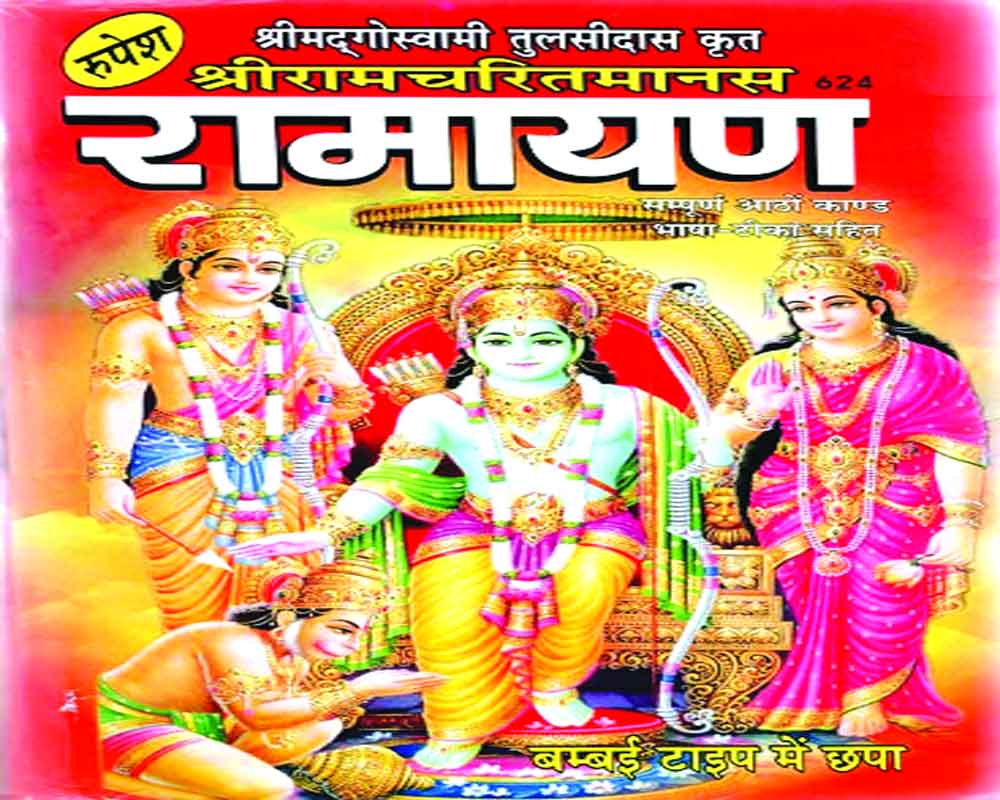SP and RJD seek to revive Mandal politics by fueling the Ramcharitmanas controversy
Comments made by certain Uttar Pradesh and Bihar politicians against Ramcharitmanas are snowballing into a major controversy. An Ayodhya pontiff, Tapasvi Chhawni Temple head priest Mahant Paramhans Das, has put a cash reward of Rs 500 for anyone who can “bring him the head of Samajwadi Party MLC Swami Prasad Maurya for the disrespect shown to Goswami Tulsidas’ Ramcharitmanas.” This has not deterred the critics of the Hindu epic narrating the story of Lord Rama. A group supporting Maurya, called the Akhil Bharatiya OBC Mahasabha, on Sunday in Vrindavan burned photocopies of the pages allegedly carrying “objectionable comments on women and Dalits” in Ramcharitmanas. The Bharatiya Janata Party has correctly said that he was rewarded for speaking against the Ramcharitmanas. Days before these incidents, the Ayodhya prieft had slammed Bihar Minister Chandra Shekhar for the latter’s comment that the epic is “divisive and spreads hatred in society.” The Samajwadi Party doesn’t seem unhappy with Maurya, as it appointed him as the party’s national general secretary on Sunday, even though it officially distanced itself from his Ramcharitmanas remarks. This is a tried and tested trick every political party deploys: it allows one of its leaders to say things which may not be generally defensible, and then it distances itself from his or her remarks, calling them the ‘personal views’ of the person concerned. And there are no consequences for the leader for having made objectionable remarks. There is an idiom for such behaviour: Running with the hare and hunting with the hounds.
Therefore, it is quite evident that the SP and the RJD (whose member Chandra Shekhar is) are trying to revive Mandal politics, one of whose main planks is a critical stance towards the caste system which, they claim, is embedded in the Hindu belief system. The Mandal Commission Report, whose implementation triggered the rise of OBC politics, also included several references which were not very charitable to Hinduism. Both SP and RJD—and even the RJD’s ally in Bihar, JD(U)—are the beneficiaries of Mandal. The spectacular rise of the BJP in the last decade under the Narendra Modi-Amit Shah duo eclipsed caste-oriented OBC politics, but only the most quixotic of Hindutva zealots would say that caste has ceased to be a reality in India. In fact, even the BJP acknowledges this fact; this is the reason that many of the elevations made by the saffron party in the last few decades have been influenced by the social engineering dogma. Mandal parties seem to be going back to basics—or, to be precise, the basic: caste. Hence the persistent demand for caste census. They know that caste is an emotive issue; and it is easier to convince people by making emotional appeals than by making reasonable arguments. The BJP has been doing the same thing, though it relies on different kinds of emotions. We must get ready for more sentimentalism in politics.


























